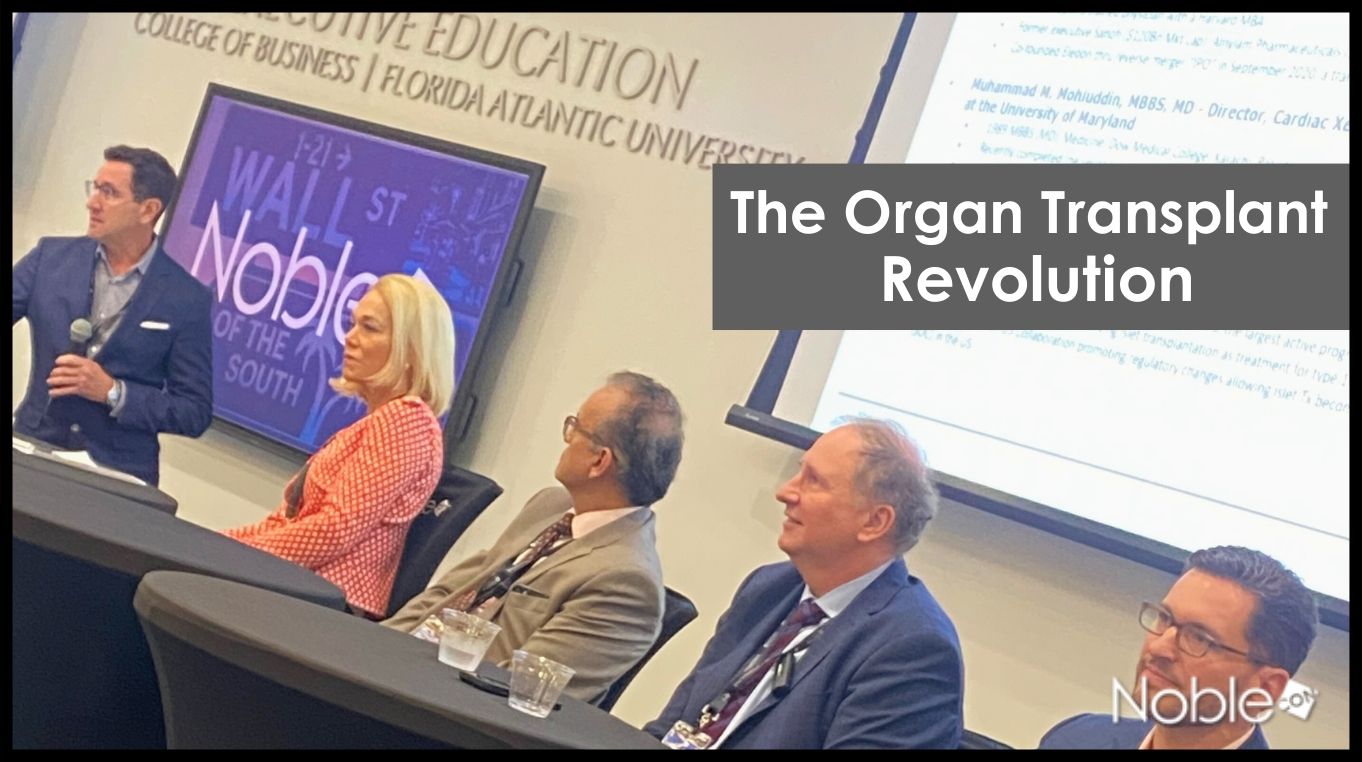In a groundbreaking medical procedure, surgeons at Massachusetts General Hospital have successfully transplanted a genetically modified pig’s kidney into a human patient – the first xenotransplantation of its kind. This historic operation, performed on March 16th, 2024, provides hope that xenotransplantation could one day help alleviate the chronic shortage of human organs available for those desperately awaiting a life-saving transplant.
The recipient was a 62-year-old man suffering from end-stage kidney disease. After his body initially accepted the pig kidney, a drug regimen was immediately administered to prevent rejection, including the experimental anti-rejection therapy tegoprubart developed by Eledon Pharmaceuticals.
“This first-ever kidney xenotransplant marks a pivotal moment for the transplant community,” stated David-Alexandre C. Gros, M.D., CEO of Eledon Pharmaceuticals. “We are thankful for the opportunity to participate in this landmark procedure as we work to develop tegoprubart as a new and potentially superior immunosuppressive option for transplant patients.”
Preventing Rejection Key to Xenotransplant Success
The greatest challenge in xenotransplantation is preventing the recipient’s body from violently rejecting the foreign organ. Tegoprubart targets a protein called CD40 ligand (CD40L) that plays a central role in activating the immune system’s responses against the transplanted organ.
“Therapies targeting CD40L, like tegoprubart, are critical to controlling the immune response to the xenograft, potentially leading to superior long-term outcomes compared to other immunosuppressive therapies,” explained Andrew Adams, M.D., Ph.D., Chief of Transplant Surgery at the University of Minnesota.
“We have seen tegoprubart be safe and well-tolerated while successfully preventing rejection and enabling above-average kidney function post-transplant when used as part of an immunosuppressive regimen in our Phase 1b kidney transplant study,” said Dr. Gros.
A Pivotal Moment of Hope
For the medical team at Massachusetts General Hospital, this pioneering procedure represents a significant milestone with profound implications for the future of transplant medicine.
“Xenotransplantation represents a unique approach with the potential to provide patients with additional options to access life-saving treatments in a timely manner,” said Dr. Leonardo V. Riella, Medical Director for Kidney Transplantation at MGH. “We commend the courage of our patient and look forward to continued advancements to make this option available to more patients.”
More than 90,000 Americans are currently on the national waiting list for a kidney transplant, with thousands more awaiting other life-saving organ donations. The ability to use genetically engineered animal organs could dramatically increase the supply available for transplant.
“This procedure provides hope that xenotransplantation may one day help solve the current shortage of available organs,” noted Dr. Gros. “While still at an experimental stage, it’s an exciting development for the entire transplant field.”
Critical Next Steps
Eledon is conducting further preclinical studies evaluating tegoprubart’s ability to prevent rejection in non-human primate recipients of xenotransplanted organs. The company is also running a Phase 2 clinical trial called BESTOW directly comparing tegoprubart head-to-head against the standard anti-rejection drug tacrolimus for preventing kidney rejection in human-to-human transplants.
While this first xenotransplant procedure is an incredible medical achievement, significant additional research is still needed to prove the technique can lead to consistently successful long-term outcomes. However, this unprecedented operation has opened up a new frontier of possibilities for making organ transplants more widely available to the hundreds of thousands in need.

